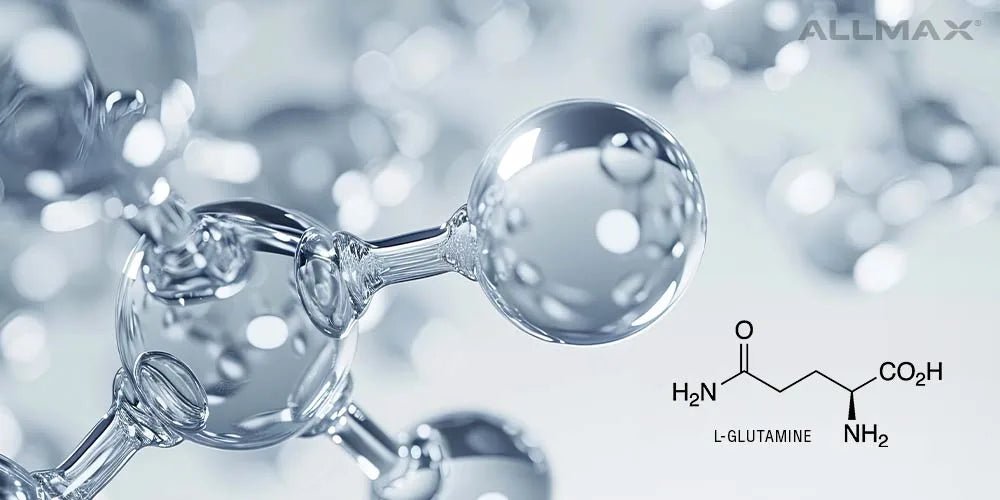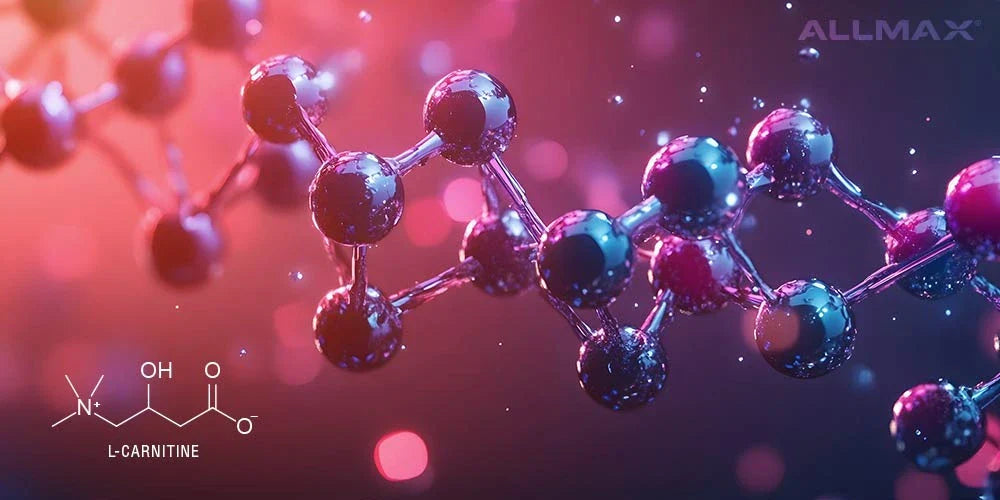D-Aspartic Acid (DAA) is a naturally occurring amino acid that’s gaining popularity among athletes looking to support hormone levels, promote muscle growth, and enhance overall performance. In this article, we’ll explore what DAA is, how it functions in the body, its key benefits for athletic performance, and potential side effects to be aware of.
Table of contents
What is D-Aspartic Acid?
D-Aspartic Acid is an amino acid that plays a vital role in both the nervous and endocrine systems. During early brain development, it functions as a neurotransmitter and neuromodulator, with particularly high concentrations found in developing brains to support protein synthesis and neural growth. In adults, it helps regulate hormone production, which is essential for athletic performance and recovery.
What does D-Aspartic Acid do?
For athletes, D-Aspartic acid supports hormone synthesis and nervous system function by:
Stimulating the release of key hormones like luteinizing hormone (LH), which triggers testosterone production.
Increasing testosterone levels, which boost muscle mass, strength, and recovery.
Enhancing neurotransmitter activity to improve focus, mood, and neuromuscular coordination.
Regulating enzymes involved in testosterone metabolism , such as P450 aromatase and 5α-reductase.
Studies show DAA influences hormone release in the pituitary and testes, making it a natural way to enhance anabolic processes vital for training.
Product Contains D-Aspartic Acid
Benefits of D-Aspartic Acid

Supplementing with D-Aspartic Acid offers several potential benefits:
Boosts natural testosterone production – Supports muscle growth, strength gains, and fat reduction.
Enhances recovery – Helps regulate hormone levels to speed up post-workout recovery.
Improves strength and endurance – Promotes protein synthesis and neuromuscular efficiency.
Supports mental clarity and motivation – Acts as a neurotransmitter to enhance cognitive drive.
May benefit reproductive health – Contributes to hormonal balance and fertility in men.
For athletes seeking these benefits, the D-ASPARTIC ACID SUPPLEMENT is formulated to deliver potent doses that support performance gains safely and effectively.
D-Aspartic Acid Benefits for Male Athletes

Male athletes particularly benefit from D-Aspartic acid through:
Increased testosterone and luteinizing hormone (LH) levels, which amplify muscle building and recovery.
Enhanced libido and energy levels, improving training intensity.
Support for fertility and reproductive hormone balance, which can be affected by intense training.
Better regulation of enzymes that convert testosterone into other hormones, maintaining optimal hormone balance during heavy training cycles.
Side Effects of D-Aspartic Acid
While DAA is generally safe, athletes should watch for possible side effects:
Mild headaches or irritability.
Acne flare-ups, sometimes due to hormonal shifts.
Overuse might cause a hormonal imbalance.
Always use supplements like D-Aspartic Acid responsibly, following recommended doses and cycling usage to avoid tolerance.
How Athletes Should Use D-Aspartic Acid
To maximize benefits and minimize risks:
Start with the clinically studied dose of 3.12 g per day, typically taken in the morning with or without food.
Use in cycles, such as 2-3 weeks on followed by 1-2 weeks off.
Combine supplementation with a balanced diet and regular training.
Monitor your body's response and adjust accordingly.
Why D-Aspartic Acid Matters for Athletic Performance
D-Aspartic acid’s unique role as both a hormone modulator and neurotransmitter makes it valuable for athletes. Supporting testosterone synthesis and improving neuromuscular signaling, it helps increase muscle strength, speed recovery, and enhance focus during training and competition.
References:
Ładyga, M., & Obmiński, Z. (2013). D-aspartic acid: biological role and potential applications as dietary supplement in sport. Medicina Sportiva, 17(4).
https://publisherspanel.com/api/files/view/45287.pdf




